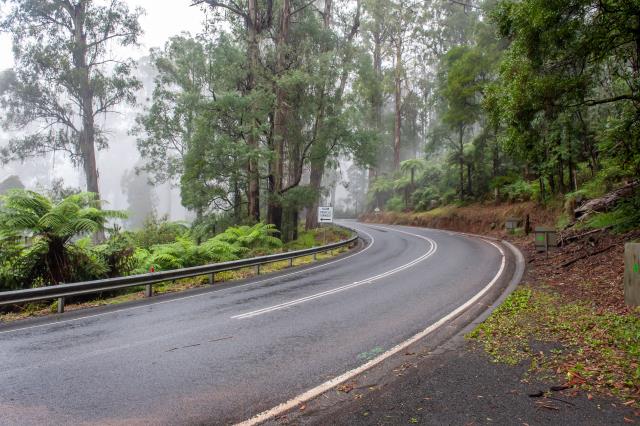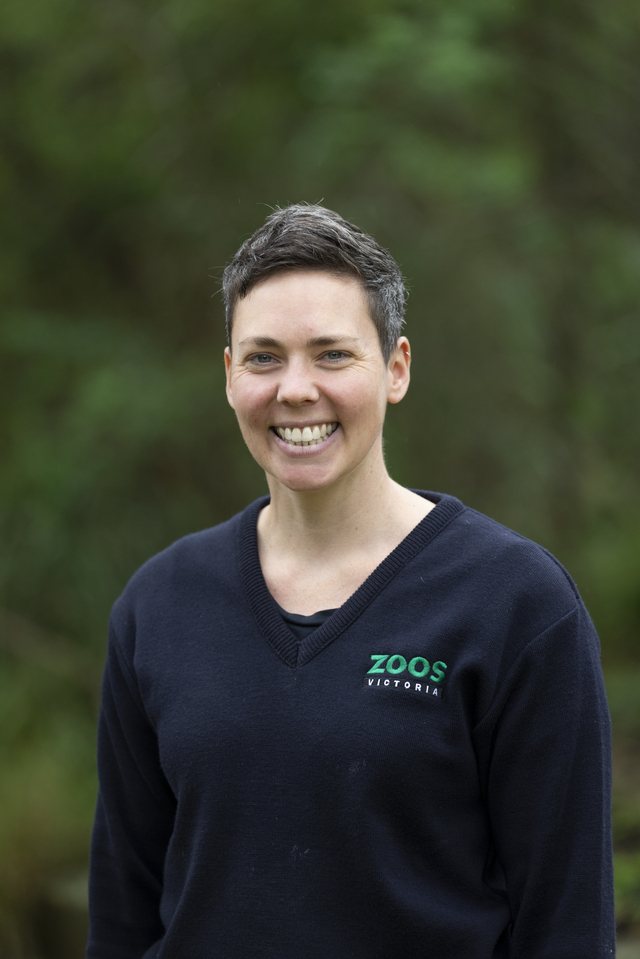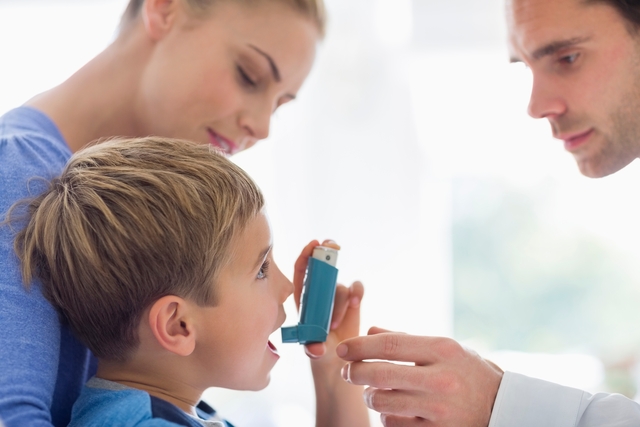Graeme Dawson
RESPONSIBILITY, whose is it? We live in a world that wants to find a person or thing to blame for everything, in other words, take the ‘rap’.
A child dies who was responsible? A teenager overdoses who is responsible? A bomber blows up a bus who is responsible?
We seem to feel placated by having an individual or a scapegoat to blame. When we can’t find the answer we seem to have a greater fascination with finding the culprit, hence the TV shows Cold Case and the other ‘postmortem’ type shows. Of course, there is justification for police pursuing a case until someone is brought to justice, for parents wanting to know who to protect their children from and there is a need to find and hold bombers so that they can’t reoffend.
But who is taking the responsibility for the many in our society who are disenfranchised and angry.
Last week a current affair show ran a story on the rich getting richer and the poor getting poorer and the ABC ran a story on disenfranchised Pakistani/Britons.
It seems that if we as a society don’t take a broader responsibility and pay attention to this growing and festering sore of disenfranchisement, we will pay a dear price.
I’m reading Alan Jenkins’ book, Invitations to Responsibility as I write this article and I agree with his strong case for encouraging and teaching our society individually and collectively to take responsibility.
Responsibility for the way we live, the way we act toward each other, the way we take care of our world.
Jenkins calls violent and abusive men, for instance, to take responsibility.
I understand it’s a juggling act on the one hand encouraging personal responsibility and on the other hand encouraging our society at large to take responsibility for those who seem unable to do so for themselves.
The latter often live under the depressive and negative influence of their early family life and find it hard to break free.
It’s up to those of us who had stability to lead the way without superior presumption.
I include the quote, ‘Liberty is the art or ability of personal restraint for the benefit of the larger community’.
Freedom from the bondage of oppression does not give us the freedom to grab this world for our own satisfaction rather it should give us a greater affinity with those still not free.
Jesus said: “I have come to set the captive free.”
Why not adopt this model and take a new level of responsibility for our own actions and make an attempt to help set someone else free from what binds them.
Paths to responsibility
Digital Editions
-

Roads rate poorly for safety
Purchase this photo from Pic Store: 207201 New road safety ratings have been revealed for some of Australia’s most well-travelled roads, and a few in…





